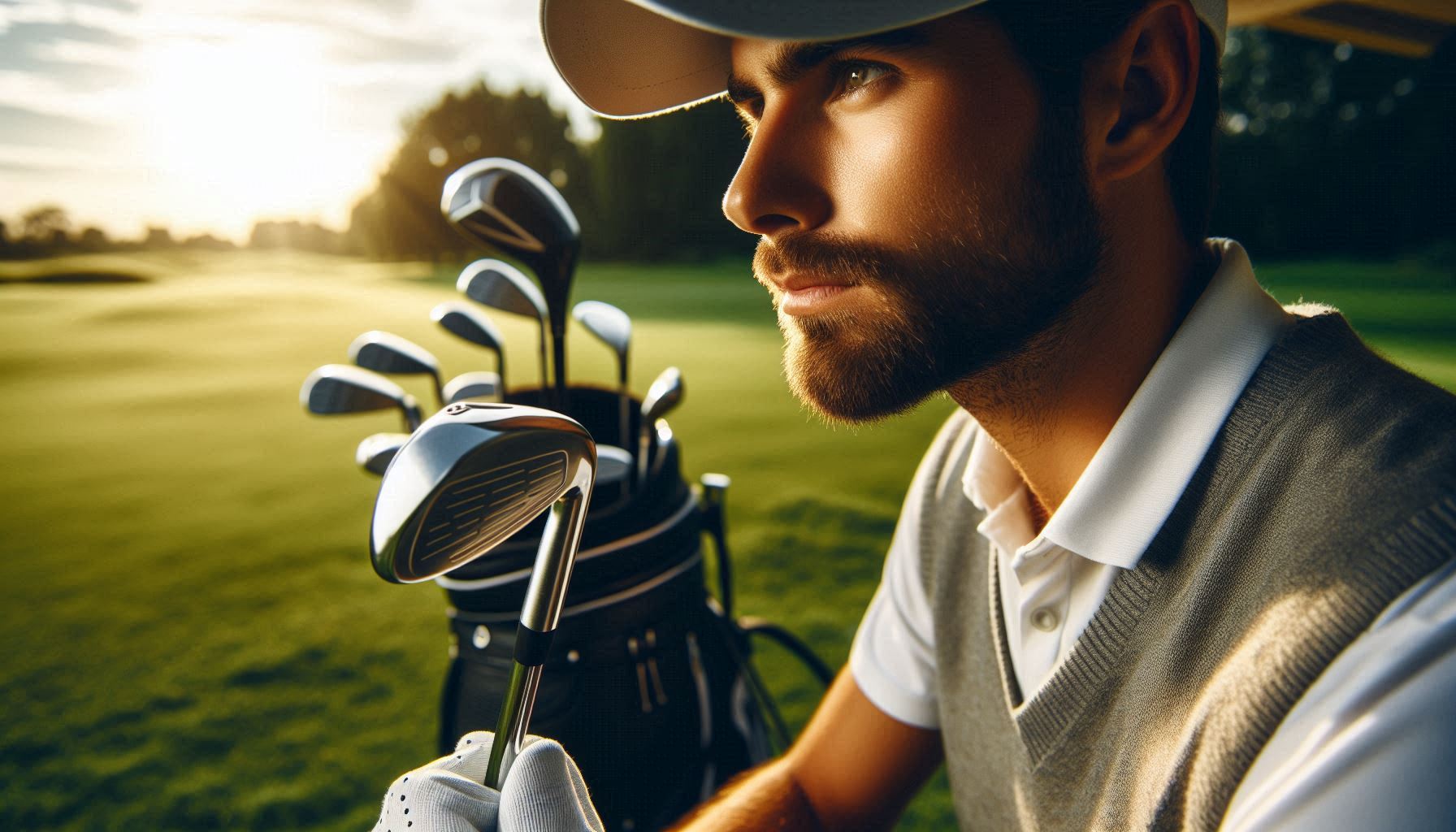Embarking on your golfing journey is an exciting endeavor, and having the right tools is crucial for a positive and encouraging start. Choosing your first set of golf clubs can feel overwhelming, but with a little guidance, you can find the perfect fit to help you learn the game and enjoy your time on the course. This guide will walk you through the key considerations when selecting beginner golf clubs, ensuring you have everything you need to develop your skills and build confidence.
What to Look for in Beginner Golf Clubs:
- Forgiveness: This is paramount for beginners. Forgiving clubs are designed with larger sweet spots and perimeter weighting. This means that even if you don't hit the ball perfectly in the center of the clubface, you'll still likely achieve a decent result. This helps minimize frustration and keeps you motivated.
- Ease of Use: Beginner clubs often feature designs that make it easier to get the ball airborne. This can include lower centers of gravity and more loft on the clubfaces. These features help you achieve a better launch angle and distance without needing a perfect swing.
- Complete Set: For most beginners, purchasing a complete set is the most cost-effective and convenient option. These sets typically include a driver, fairway wood(s), hybrid(s), irons (usually 6-PW or 5-SW), a putter, and sometimes a bag. This ensures you have all the essential clubs to play a full round of golf.
- Shaft Material: Beginner sets often come with graphite shafts in the woods (driver, fairway woods, hybrids) as they are lighter and can help generate more swing speed for those still developing their technique. Irons in beginner sets might have graphite or steel shafts, with graphite generally being more forgiving and easier on the body.
- Budget: Beginner sets are generally more affordable than premium, individual clubs. Determine your budget beforehand to narrow down your options. Remember that you can always upgrade individual clubs as your game progresses.
Essential Clubs for a Beginner Set:
- Driver: Used for hitting the ball the furthest off the tee on par-4 and par-5 holes. Beginner drivers often have larger clubheads and higher lofts for increased forgiveness and easier launch.
- Fairway Wood(s): Designed for long shots from the fairway or off the tee on longer holes where the driver isn't needed. Beginner sets may include a 3-wood or a 5-wood, offering versatility.
- Hybrid(s): These clubs blend the features of fairway woods and irons, making them easier to hit than long irons. They are excellent for various lies and can help you gain distance and accuracy. Beginner sets often include one or two hybrids.
- Irons: Typically ranging from a 5-iron or 6-iron through to a pitching wedge (PW) or sand wedge (SW). Irons are used for approach shots to the green and vary in loft to produce different distances. Beginner irons are designed for maximum forgiveness.
- Wedges: Used for shorter shots around the green. A pitching wedge is usually included in a set, and you might consider adding a sand wedge for getting out of bunkers.
- Putter: The most important club for scoring! Used on the green to roll the ball into the hole. Beginner putters often have alignment aids to help with accuracy.
Tips for Choosing Your First Set:
- Try Before You Buy (If Possible): While beginner sets are often sold as a package, if you have the opportunity, try swinging a few different clubs to see what feels comfortable.
- Consider Your Physical Build: Your height and strength can influence the ideal length and weight of your clubs. Some retailers offer fitting services for beginners.
- Don't Overthink It: The most important thing is to get out on the course and start playing! Beginner sets are designed to be user-friendly, so don't get bogged down in too many technical details initially.
By focusing on forgiveness, ease of use, and a complete set, you'll be well on your way to enjoying the game of golf and building a solid foundation for future improvement. Happy golfing!




